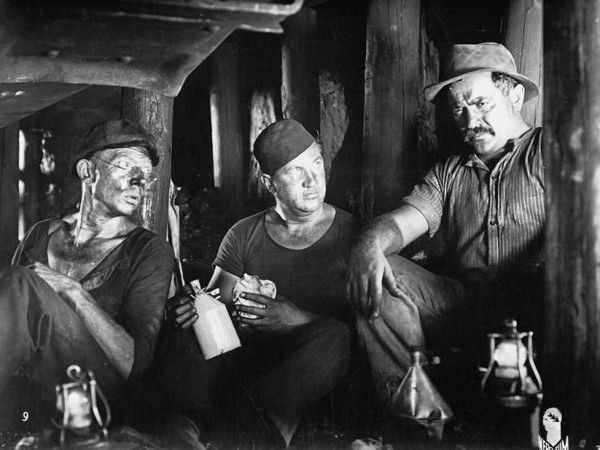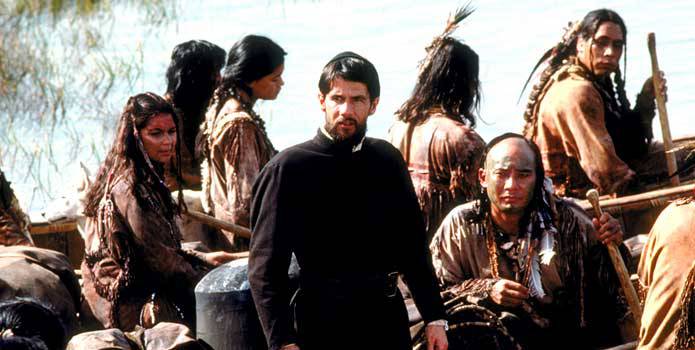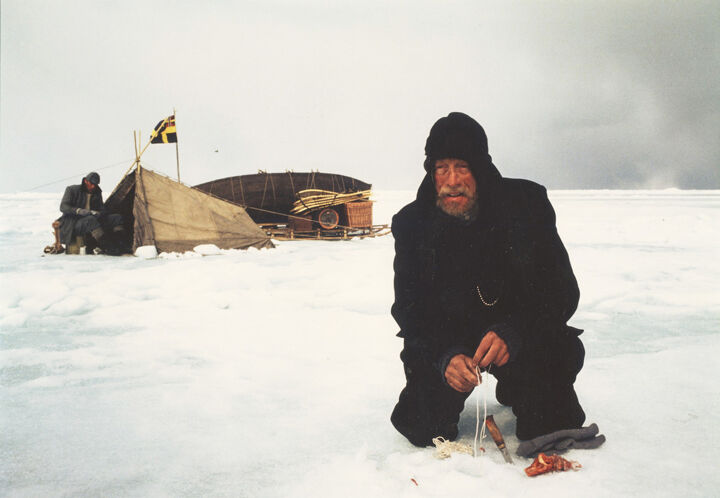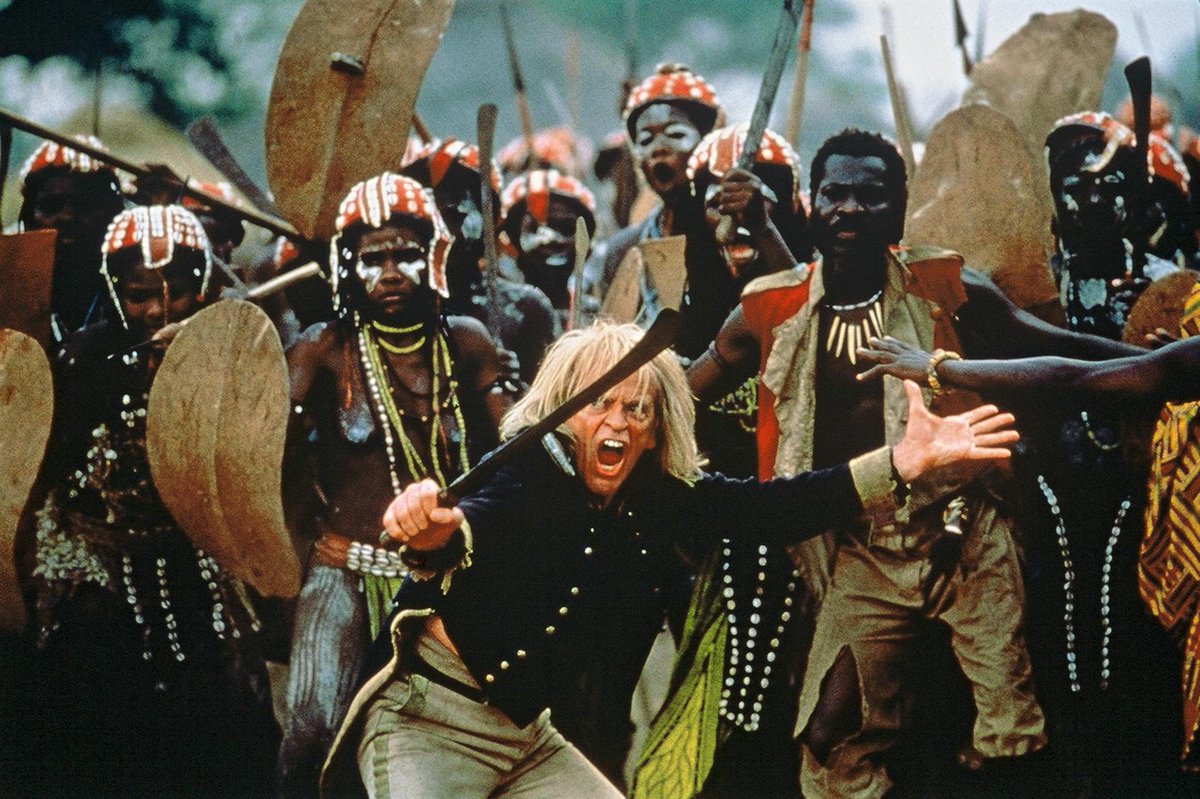@Rimbaud82 I want to recommend some Chinese films, as I have a fondness for them, even though I've only dipped a toe. First a tiny bit of clarification and historical background. When talking about "Chinese cinema" you're really talking about three separate countries all with their own film industries, utilizing three or more languages. That said, they are certainly interrelated, sometimes directly so with individuals born in one country working mostly in another country. For example, the director of
Legend of the Mountain, King Hu (a favorite of mine) was born on the mainland, got his start in Hong Kong, then later worked mostly in Taiwan. As far as I can tell he never made a film on the mainland. So all these films can be group under the umbrella of "Chinese cinema" or "Chinese language cinema," there's nothing wrong with that, although in doing so it becomes almost as vast as "English language cinema," perhaps even more so.
Now, you've already got some great recommendations in the likes of Bruce Lee and Wong Kar-wai films. The Wong films in particular I imagine will be right up your alley. So I'm here to praise some mainland films. As far as I know there's not much in the way of classic cinema from the time immediately following the Civil War and Communist takeover up until after the end of the Cultural Revolution. Not that surprising considering the political and social turmoil of those decades, as well as strict censorship and propaganda. But for a brief period of time I think mainland directors were making some of the best and most daring films in the world, in a wholly unique style.
Essentially what happened was during the Cultural Revolution higher education broke down, and the film industry was heavily restricted. Beijing film academy was able to admit new students in 1978, and four years later they became the first graduating class in over a decade, eventually becoming known as the fifth generation of mainland Chinese filmmakers. The films I want to recommend are Zhang Yimou's
Red Sorghum (1987) and
Raise the Red Lantern (1991), as well as Chen Kaige's
Farewell My Concubine (1993). These are very much not martial arts action films.
Red Sorghum is a very strong debut from Zhang, while
Red Lantern and
Farewell are among my all time favorites. A slight word of warning, the primary subject matter of
Farewell is Beijing opera, which, to put it lightly, can be something of an acquired taste, and possibly even irritating to those not receptive to it. I'd also like to recommend Tian Zhuangzhuang's
The Horse Thief (1986), but unfortunately I think it would be rather difficult at this time to track down a English-subtitled copy with a print worthy of the cinematography and the Tibetan landscape. Apparently a restoration of that film actually screened at Cannes last year, so hopefully it will become more widely available soon. I was able to find a blu-ray release which looks pristine from the screenshots I saw, but it says it was limited to 350 copies (?) and everywhere I look it's out of stock.
Finally, if you're interested in more films from King Hu and aren't dissuaded by martial arts cinema, you could go all the way back to
Come Drink with Me (1966), an all time classic, or possibly more suited to your taste,
A Touch of Zen (1971). The latter is technically a martial arts film, but the run-time is not dominated by action, and overall it's a highly mystical film.








